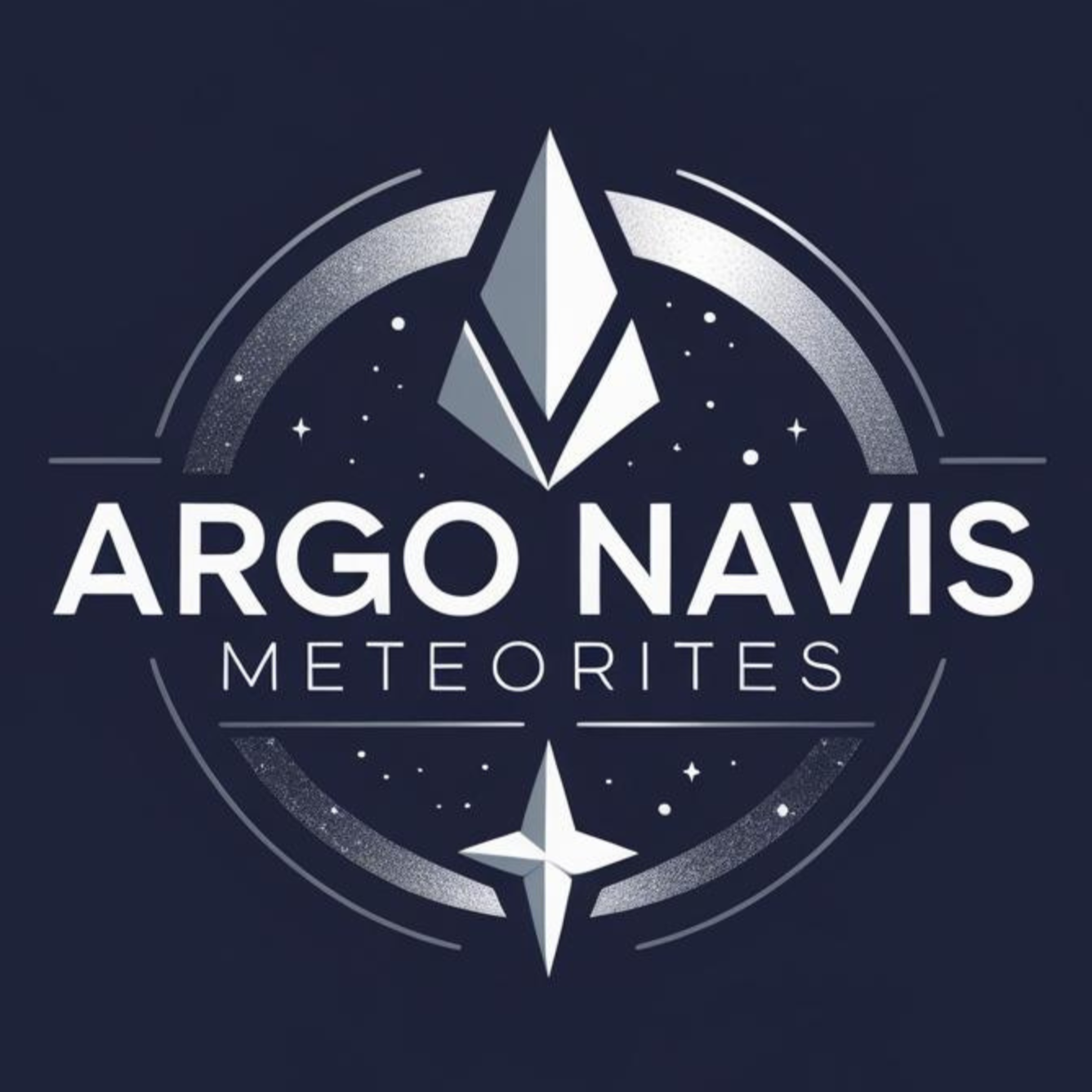Frequently asked questions and resources
This is a list of commonly asked questions along with a list of external resources for those who want to learn more.
Q1: What are important terms and concepts I should know?
If you are new to the meteorite hobby, these are some great sources of basic information to get you on your way:
UCLA Glossary of Cosmochemistry
Meteors, Meteorites, and Facts (NASA)
Q2: I found a rock. Is it a meteorite?
You have found a really cool and unusual looking specimen that looks nothing like other rocks you have seen. Surely this must be a rock from space, right? Unfortunately, the answer is almost certainly no. The likelihood of randomly finding a meteorite outside of a known strewnfield is extremely low. Many skilled meteorite hunters spend their careers looking for previously undiscovered space rocks and never find a single one. Indeed, meteorite hunters are often unsuccessful at finding meteorites in a known strewnfield (just ask any regular meteorite hunter how many times they have gotten skunked on a hunt they believed would be a sure thing).
In the overwhelming majority of cases, people will find a piece of natural hematite or a piece of manmade slag material from metal refining. Hematite is a common “meteorwrong” that is mistaken as a weathered meteorite and it is widely found across the globe. More commonly, people have found a piece of manmade slag from refining metals like iron, steel, and aluminum. It’s often heavy, magnetic, and has an other-worldly shape. Don’t be fooled. Slag is seemingly found everywhere and in the most unlikely places. My first meteorite hunt yielded a large piece of slag in a completely random location within a suspected strewnfield and on almost every hunt I find at least one piece of slag.
I strongly encourage every new collector to spend some time becoming familiar with common characteristics found on meteorites. These links are some excellent places to start:
Washington University in St. Louis Meteorite Information
Arizona State University “Meteorite ID”
Q3: How do you know your specimens are actually meteorites?
I have been a collector and hunter for almost a decade and I have seen hundreds of specimens. During this time I have become quite confident that I do not have a record of “false positives” when it comes to identifying space rocks. In other words, I have seen some unusual specimens that I believed to be earth rocks that turned out to be meteorites, but I have yet to look at an earth rock and mistake it to be a meteorite. This skill comes from looking at and handling as many known meteorite specimens as possible to learn what they look and feel like. I compare this skill to that possessed by car enthusiasts. You likely know at least one person that can look at vehicles and immediately rattle off the year, make, model, engine, and horsepower just on a brief examination. Meteorites are much the same way. Once you know what to look for, you can tell a Honda Accord from a Porsche 911 with minimal effort.
The other way we know our specimens are meteorites is due to the classification process carried out by meteorite scientists on samples submitted for analysis. Each meteorite has its own unique features and composition that are a sort of fingerprint for each fall or find. For additional information on this topic, browse these links as a starting point:
How Do We Know Where Meteorites Come From? (ASU)
How Can We Tell That a Meteorite Has Come From a Particular Planet? (BBC)
Q4: Can you “certify” my specimen?
As a general rule, Argo Navis does not identify unknown specimens. Most with expertise in meteorites have learned the hard way that people are often so convinced their specimen is from outer space that they are unwilling to accept the disappointing news that they actually have an earth rock or a piece of slag. Some have even received death threats and harassment for offering an honest and accurate assessment of random specimens. Sadly, this means that meteorite researchers are also generally unwilling to identify random specimens from unknown individuals. One place that does do meteorite testing for the general public is the New England Meteoritical Services. I am providing this link for your information. I have no connection with the provider of this service and I can not vouch for the accuracy of their testing services.
Q5: Has anyone ever been killed by a meteorite?
Unconfirmed, Unlucky Tales of People Killed By Meteorites (Astronomy Magazine)
In 1954, an Extraterrestrial Bruiser Shocked This Alabama Woman (Smithsonian Magazine)
Links to other helpful sources of information:
Global Meteorite Association (gmeta.org)
